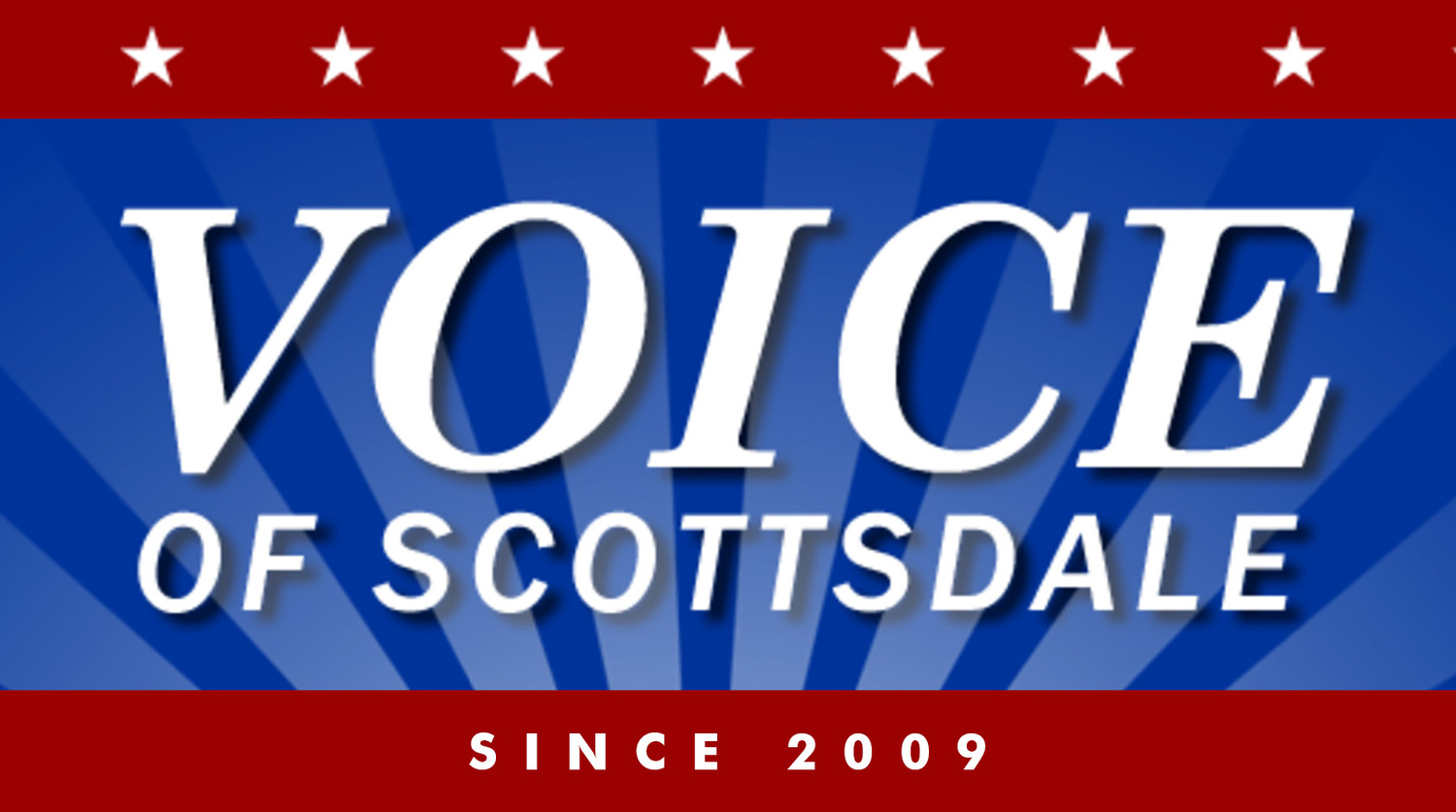Save The Date: August 25th.
In a little less than a month the members of the City Council return from their summer recess. They should be rested and ready to take on the issues that were put on pause earlier this month -- including a dialogue about the General Plan process and a discussion about how best to brand South Scottsdale. Not to mention the usual potpourri of zoning cases.
The Council is scheduled to convene at 5PM the last Tuesday in August. Early that same morning, scores of business leaders will meet at the new offices of the Scottsdale Area Association of Realtors to discuss a topic that remains unresolved: The city's adoption of a non-discrimination ordinance.
The issue continues to nag at the city's leadership. In fact there's evidence that the majority of the Council is beginning to fall out of step with the business community whose support for passing an ordinance has been steadily growing this summer.
Some say the Council may be starting to run the serious risk of leading from behind.
In 2007, Mary Manross, during her final year as Mayor, championed the passage of a non-discrimination policy for LGBT city employees - something that remains an important part of her legacy. The only member of the current Council who voted on that non-discrimination policy eight years ago is Jim Lane. Councilman Lane opposed the policy.
Many wonder why city employees are protected, but not everyone else. What about all of us who live here and don't work for the city? And what about those who are considering visiting Scottsdale to eat at our restaurants, shop at our stores and stay at our hotels and resorts?
What kind of message is being sent about Scottsdale by not having a non-discrimination ordinance?
The city's effort to remarket the UNITY Pledge is chugging along. Earlier this summer flyers were inserted into water bills encouraging customers to sign onto the Pledge supporting LGBT protections. So far, a couple hundred residents and 50 Scottsdale-based businesses have signed up. The businesses that have recently taken the UNITY Pledge join about 200 of the other businesses that had already pledged their support to the LGBT Community.
The city's campaign that is scheduled to expire shortly after the Council resumes meeting in August is working slowly but surely. But according to those who support putting protections in place for members of the LGBT Community, it's only a start. "Pledges" are nice, they say, but the city needs to make a "commitment" by passing a non-discrimination ordinance.
After all ... pledges are only "rhetoric" and ordinances are "real" because they hold people accountable.
The incumbents running for re-election to the Council - Suzanne Klapp, Virginia Korte, Jim Lane and Guy Phillips - would like to avoid making the non-discrimination topic a campaign issue next year. That's the kind of hot-button issue that can destabilize the political environment and turn campaigns topsy-turvy.
The City Council would be wise to quickly resolve the current non-discrimination dispute so it's a non-issue in next year's election.
